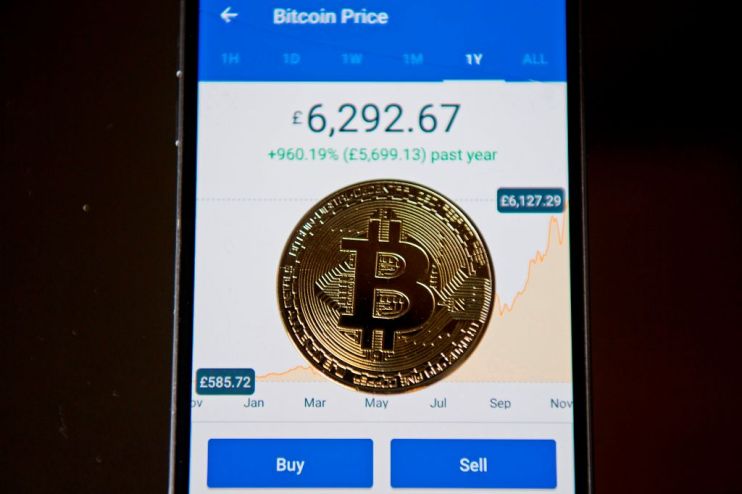Coinbase expands institutional crypto asset storage internationally

Coinbase is expanding its institutional crypto asset storage service internationally, establishing an office in Ireland in a bid to capitalise on growing demand for digital currencies from institutional investors.
Coinbase Custody International will be based in Dublin, expanding an existing office in the city. While its main arm, based in San Francisco, does serve Europe-based clients, head of product Sam Mcingvale told City A.M. that customers wanted “depositary that is aligned with the regulatory regime that they’re operating under”.
The company is “likely” to seek a Mifid authorisation and might consider a “couple of other licences”, Mcingvale said.
Coinbase Custody is currently regulated by the New York Department of Financial Services, and manages a global portfolio of over $7bn digital assets.
Of this, it has between 20 and 25 institutional clients based in Europe, with over $1bn assets sorted in the depository.
There has been increasing institutional demand for cryptocurrency investment solutions within the bloc, and the crypto arm of investment giant Fidelity recently made its first move into Europe.
“Europe for us is far and away the most obvious geographic segment for growth over the next two years. There’s a really steady drumbeat of institutionalisation,” Mcingvale said.
He added that uncertainty over the UK’s regulatory relationship with Europe post-Brexit had “absolutely” contributed into the decision to launch the international base in Dublin.
“One of the benefits of Ireland is that we want to passport whatever regulatory licence we pursue throughout the EU. We’ve got a lot of clients today in the UK but we also have clients in the Netherlands, Germany, in Switzerland.”
“Right now Ireland is probably the best near-term spot for us,” Mcingvale said, but added: “I wouldn’t be surprised if we continued to add additional licences in additional countries in the future”.
One of the biggest barriers to the acceptance of cryptocurrencies as an investment among many institutional investors is a lack of trust in the security or stability of the assets themselves.
Mcingvale maintains that the problem is “less of a trust issue with crypto assets specifically, and more of a trust issue in that there’s not really clear regulation around it”.
This lack of oversight has been one of the biggest concerns raised by politicians and regulators about Facebook’s plans to introduce its Libra cryptocurrency, but Mcingvale thinks this has the potential to ultimately be positive for the industry as a whole.
“I think Libra and the regulatory scrutiny they faced in 2019 was probably the best thing that happened to crypto last year,” he said, citing the figure that 18 central banks are now developing some form of sovereign digital currency.
“Libra really shook a bunch of central banks and regulators around the world in a way that Bitcoin hadn’t yet,” he said, “it’s moving the ball forward… much more so than we were able to previously”.